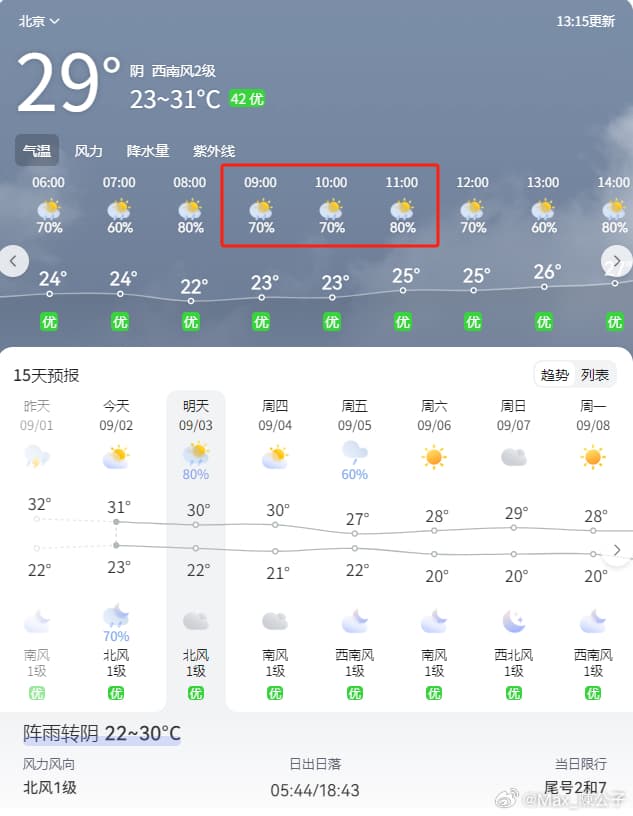Thailand Cuts Electricity to Myanmar Border Regions in Crackdown on Telecom Scams
Thailand's recent announcement to cut off electricity to Myanmar's border regions has sparked widespread attention and raised significant questions about the motivations behind this decision and its potential repercussions. According to Thai Deputy Prime Minister and Defense Minister Prawit Wongsuwan, the electricity cutoff, alongside a cessation of internet and oil supplies, was scheduled to take effect at 9 am local time on February 5. This move follows a meeting between Prawit and the Thai National Security Council, indicating deeper concerns regarding security and potential illegal activities in the border regions.

4 February 2025
The Thai-Myanmar border has long been plagued by telecom scam groups, causing harm and financial losses to many individuals, particularly Chinese nationals. The region, including Myanmar's Shan State and the town of Muse, has been a notorious hotspot for these scam activities. In response to repeated calls from Chinese authorities to take action against these groups, the Thai government has decided to terminate the supply of essential services to the affected areas. This decision is seen as a major breakthrough in the fight against telecom fraud and is expected to significantly impact the operations of these scam groups.
Thai Prime Minister Petton has reiterated the government's commitment to addressing the situation with a firm hand, stating that immediately severing power supply is entirely feasible. The government has convened an emergency cabinet meeting to discuss the details of the power cutoff and has authorized Deputy Prime Minister Pitu to oversee the implementation of the measure. This decisive action reflects the Thai government's resolve to combat telecom fraud and its commitment to regional security.
However, the impending electricity cutoff also raises concerns about the potential economic and security implications. The lack of electricity could affect local businesses, potentially leading to economic hardship for residents in the area. Moreover, there are concerns that the lack of electricity could exacerbate security issues, creating an environment where criminal activities can thrive under the cover of darkness. As the situation unfolds, it remains to be seen how this move will affect relations between Thailand and Myanmar and what implications it might have for regional stability.

The Thai government's decision is expected to hinder the activities of the scam groups, potentially leading to a decrease in their operations. However, there are also concerns about the broader impact on the local economy and potential security risks. Local authorities and residents are likely to be affected, and their reactions will be crucial in understanding the situation. As the situation evolves, ongoing observation will be necessary to fully understand the impacts of this measure and the responses of local communities, authorities, and potentially, the scam groups themselves.

In conclusion, Thailand's decision to cut off electricity to Myanmar areas along their border marks a significant development in the fight against telecom fraud. While the move is expected to disrupt the operations of scam groups, it also raises concerns about economic and security repercussions. As the situation continues to unfold, it is essential to monitor developments and assess the long-term implications of this decision, including its potential to lead to a permanent solution to the issue of electric scams or displace the problem to other areas.
Comments







